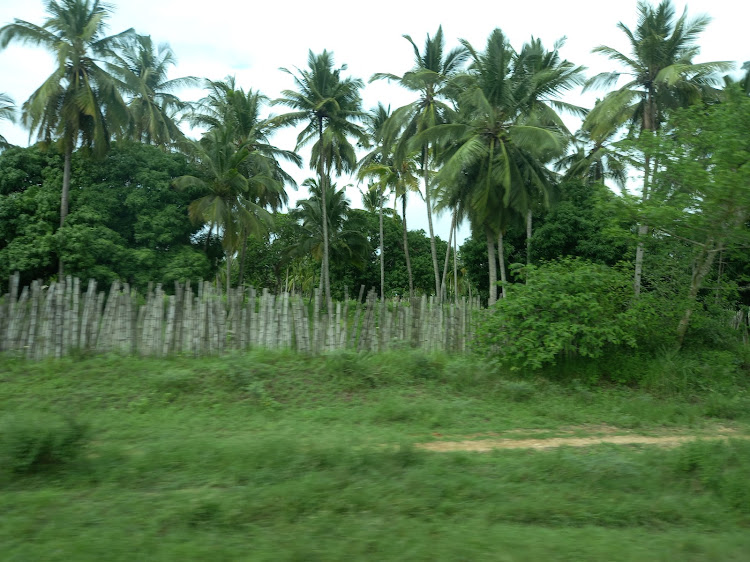Kilifi Woman Rep Gertrude Mwanyanje wants the government to explain why it has classified mnazi as an illicit alcoholic drink in the ongoing crackdown on killer brews.
Seeking a statement from the Departmental Committee on Administration and Internal Affairs, Mwanyanje claimed the crackdown at the Coast “has erroneously been extended to mnazi which is not an illicit brew.”
“It is a traditional drink that defines the heritage of the Giriama people. It is naturally tapped from coconut trees without any additives that can render it a manufactured drink that can be subject to being declared illicit,” she explained.
She said the erroneous classification as an illicit brew and the crackdown thereof has negatively affected and caused unrest among Kilifi residents who rely on it as a pillar of their economic mainstay.
“Under what circumstances was mnazi classified as an illicit alcoholic drink, despite the known fact that it is a natural coastal drink tapped directly from coconut trees?” she posed.
The Ministry of Interior and National Administration recently launched a crackdown on illicit brew in the country, including the coastal region, following a directive by the Cabinet.
The nationwide measures have resulted in the suspension of licenses issued and the closure of outlets selling alcohol and other brews.
Mwanyanje further wants the government to state measures put in place to ensure the preservation of culture, including the cultural heritage associated with the mnazi and other traditional drinks while implementing the crackdown on illicit brew.
“What initiative has the Ministry undertaken to ensure compliance with the law and accurate implementation of the directive on illicit brews without favour or discrimination?” she posed.
Magarini MP Harrison Kombe said mnazi is not brewed as it is tapped from the palm trees.
“This is the purest drink you can ever find at the coast. It is very nice. Long ago before the introduction of yeast, it used to be used as a fermenting element for mandazi,” he said.
Komber said the government should find a way of preserving mnazi and supplying it to other parts of Kenya and even outside the country.



